Beginning on the journey of owning property in Thailand as a foreigner may seem like a complicated process. Still, once you have a clear understanding of the options available—it’s a venture with vast opportunities and a few well-defined boundaries. In this guide, Throne Property Thailand will share details on the intricacies of Thai property laws, exploring the dos and don’ts and uncovering alternative pathways for astute investors.
Understanding the Terrain: Foreign Land Property Ownership
The allure of owning a piece of paradise in Thailand often leads foreigners to explore the possibilities of acquiring land and houses. However, the legal landscape is shaped by the Land Code Act B.E. 2497 (1954), which restricts foreigners’ direct ownership of land. While the principle of equal property rights echoes, freehold ownership is limited to licensed condominiums.
Traversing Legal Pathways: Foreign Ownership Under a Treaty
In a perfect world, foreigners could own land through treaties. Unfortunately, the last treaty allowing such ownership dissolved in 1970. Violating this restriction carries consequences, with fines up to twenty thousand baht or imprisonment up to two years, or both, as stipulated in Section 111 of the Land Code Act.
Section 86 does offer some hope, stating, ‘Foreigners may acquire land by virtue of the provisions of a treaty.’ Yet, the absence of existing treaties makes this provision a mere legal relic.
Foreign Land Ownership under Special Conditions
Theoretically, foreign individuals can own up to 1 rai for residential purposes, subject to a 40 million baht investment in Thailand’s specified assets or government bonds. Practicality, however, raises eyebrows. The conditions are stringent, limited areas are eligible, and Minister of Interior approval is mandatory. Moreover, this ownership is non-transferable by inheritance, expiring with the foreigner’s tenure.
Corporate Perspectives: Foreign Companies in the Mix
Foreign companies, including those under treaties like Amity (US) companies, face the same land ownership barricades. They can hold minority shares in a Thai company but can’t manipulate nominee shareholding structures for land ownership. Exceptions exist for corporations with substantial investments benefiting the Thai economy, granted privileges under various acts such as the Investment Promotion Act and Industrial Estate Authority of Thailand Act.
Corporate Evolutions: The Rise and Fall of Thai Company Structures
Before May 2006, foreigners embraced Thai company structures for land ownership. Post-2006, tightening regulations and proposed amendments in the Foreign Business Act dimmed this practice’s allure. Ongoing government discussions hint at further crackdowns, casting doubt on Thai companies as reliable vehicles for long-term foreign interests.
Demystifying Thai Property Laws: The Do’s and Don’ts for Foreign Investors
![[Throne Property] SEO NOV C01 2 1200x628 Body A magnifier is above a dictionary and positioned on a word "legal".](https://throne-property.com/thailand/wp-content/uploads/Throne-Property-SEO-NOV-C01-2_1200x628_Body.jpg)
![[Throne Property] SEO NOV C01 2 1200x628 Body A magnifier is above a dictionary and positioned on a word "legal".](https://throne-property.com/thailand/wp-content/uploads/Throne-Property-SEO-NOV-C01-2_1200x628_Body.jpg)
“Can I buy property in Thailand?”—a question often veiled in uncertainty. Despite some confusion, navigating Thai property laws can be managed with the right information. Let’s demystify the complexities and shed light on the dos and don’ts for foreigners wishing to own Thailand property.
Deciphering Legal Boundaries: Buying Property in Thailand Unveiled
Foreigners can indeed buy Thailand property, with a catch. Condos are fair game, but the outright ownership of land remains unclear. However, structures and buildings on land are permissible, offering a silver lining.
The Three Golden Rules: A Blueprint for Foreign Property Ownership
Foreigners can follow Thailand’s property laws with confidence by adhering to three rules:
- Own condos freely (as long as the building hasn’t reached the 49% foreigner-owned unit quota)
- Steer clear of land ownership.
- Embrace structures and buildings on land.
A foolproof method to secure real estate and have your name etched on the title deed is to invest in a condo. This comes with the added benefit of a “Condominium Freehold” title, a prized possession within legal limits.
Alternative Routes: Unlocking Foreign Property Ownership
Beyond Condos: The Pioneers’ Guide
While condos are the simplest way to own Thailand property, there are alternatives available in terms of foreign property ownership. Leasehold arrangements offer exclusive usage rights, lasting 30 years with possible renewals. This appeals to retirees seeking holiday homes.
Establishing a Thai company stands as another alternative, though in a grey legal area. This method grants a degree of ownership and control but requires meticulous adherence to Thai regulations to avoid pitfalls.
Factors to Weigh: Foreign Land Ownership Considerations
Acquiring land property in Thailand comes with a set of prerequisites:
- Investments must surpass 40 million baht.
- A five-year commitment to keeping the investment in Thailand.
- Approval from the Ministry of Interior.
- Land size restrictions for industrial or agricultural use.
- Diverse investment avenues: Thai government bonds, Real Estate Investment Trust (REIT), or BOI-promoted businesses.
The Dilemma: Condos vs. Landed Property for Foreign Buyers
Weighing the Pros and Cons
The decision between condos and landed property hinges on personal preferences and investment goals. Landed property offers better value per square meter, providing control over both land and buildings. Condos, in contrast, offer simplicity and flexibility, making them ideal for various foreign buyers.
By following the information we have shared in this article, owning property in Thailand as a foreigner is possible, with a range of possibilities depending on your individual circumstances. While direct land ownership may be out of reach for now, the savvy investor can explore alternatives, unlocking the vast potential of Thailand’s real estate market within the confines of the law.
Whether you wish to keep it simple by buying a condo or looking into the options available for landed property, understanding and navigating Thai property laws is the key to a successful venture in the Land of Smiles.
If you require assistance in securing your Thailand property of any type, from condos to housing and office buildings, Throne Property Thailand is here to provide you with a complete one-stop solution.
About Throne Property Thailand
Globally launched in 2014, Throne Property is a strategic partner of leading, well-known listed developers in Thailand. Our elite team of multilingual real estate experts provides a comprehensive range of services designed to accommodate all your needs. Our offerings start from real estate listing and extend to elite visa service, house inspection & transfer, property management, interior design, butler service, and inclusive after-sales services.
Experience a premium one-stop property management service with Throne Property. Get in touch with us today!
Contact us
Email: [email protected]
Tel.: +66(0)61 786 8888
Facebook: Throneproperty.thai
Line: @throneproperty





